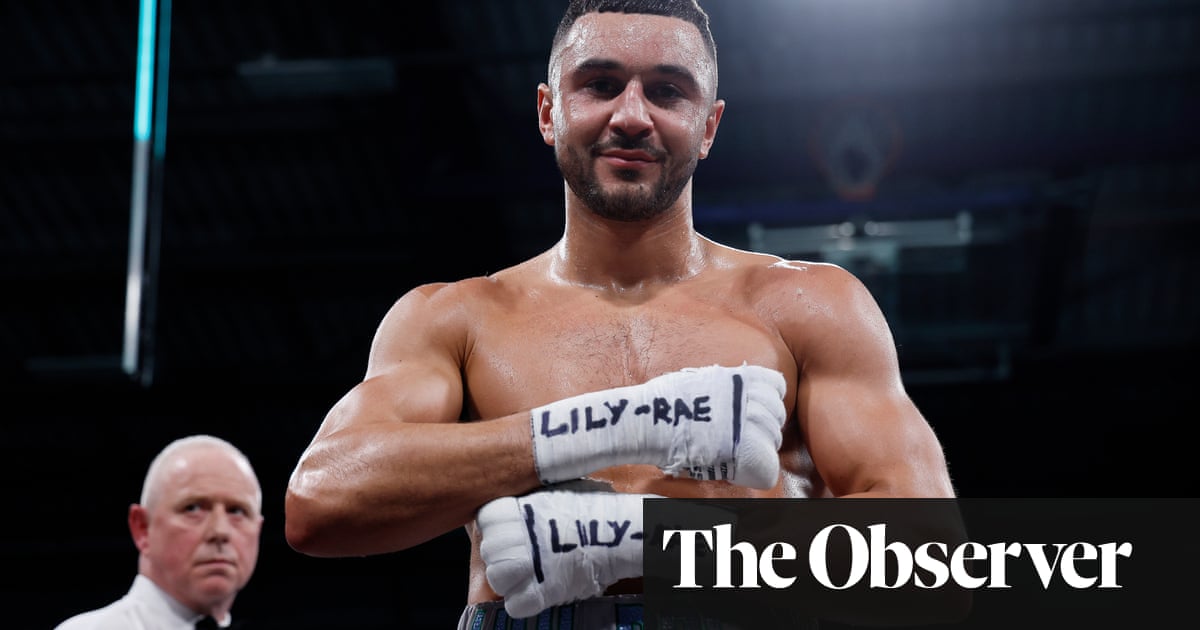‘Easy death’ for the incurable
26 October 1935
A movement to legalise an “easy death” for persons suffering from incurable and painful disease is to be started with the support of influential medical men, churchmen, legal experts, and politicians.
A public society – the Voluntary Euthanasia (Easy Death) Legalisation Society – is to be formed at a meeting in London early in December, and later there will be a campaign in support of a bill, the “Voluntary Euthanasia (Legalisation) Bill,” which it is hoped Lord Moynihan, the surgeon, who is the prospective president of the society, will introduce into the House of Lords.
The movement was started by Dr C Killick Millard, until two months ago [was] medical officer of health for Leicester, who said to a reporter yesterday: “I raised the subject four years ago before the Society of Medical Officers of Health. Since then I have been assured of a really remarkable body of support.

Strict procedure
“The bill has been very carefully thought out, and it lays down strict procedure which must be followed so that the sufferer may anticipate death. The administration is to be in the hands of the Minister of Health. “We are asking that sufferers shall be allowed to choose between a quick, painless death and a lingering one. We are asking for the ‘right to die,’ but we are not asking for the ‘right to kill,’ which is a very different proposition, raising quite distinct issues.
“To meet possible religious objections we have prepared an ethical statement that what we propose is not contrary to Christian principles, and that statement has been signed by leaders of the Church of England and of the Nonconformist Churches”.
“We are prepared for the objection that an Act such as we desire might encourage suicide. We believe that actually it would have the opposite effect. The bill provides that the patient applying for euthanasia must have consulted his nearest relative first. So many of the people who now commit suicide would be prevented from doing so if only their friends knew what they had in mind.”
Efficient safeguards
In an interview at Leeds last night, Lord Moynihan said: “The matter has been brewing among individual medical men for a long time, but it has now come to the present head mainly through the efforts of Dr Killick Millard and Mr C J Bond, of Leicester, one of the most brilliant and successful surgeons in England today.
Both are men who possess a high sense of responsibility and are moved by the compassionate regard of sufferers for whom there is no hope, and I am proud to be associated with them in this effort.
“Efficient safeguards must, of course, be provided, and there should be no difficulty with these. In the case of sufferers unable of their own volition to signify their consent to voluntary death, the legal guardian would act for them”.
The opposition to chloroform
“We realise that there may be some opposition to the proposal, possibly from religious bodies, but we cannot forget that when James Simpson introduced chloroform many people whose opinion on other matters commanded the highest possible respect were horrified of easing pain by such a method.
It is possible that something of the same opposition will be offered to what we are now proposing but I think that in thirty or forty years time no more will be thought about it than is of the use of chloroform today. The chief point of concern is the safeguards which must be insisted upon.”
Editorial: Merciful death
26 October 1935
The society for legalising euthanasia, which has already found distinguished support, should bring the question into the field of public discussion. The aims are simple: to make it lawful for an adult sufferer from an incurable and painful disease, after consultation with near relatives, to apply, under proper safeguards – chiefly the production of certificates from two medical men, one a Government referee, – for the administration of a swift and painless death.
To give a chance for second thoughts a statutory period of delay between the receipt of permission and the carrying out of the euthanasia would be enforced.
And it is insisted that the official referee in charge must be entirely satisfied, before consent is granted, that it is of his or her own free will that the sufferer desires the final relief.
continue reading
In 1936, The Voluntary Euthanasia (Legislation) Bill was defeated in the House of Lords, with 35 to 14 votes

.png) 1 month ago
9
1 month ago
9













































